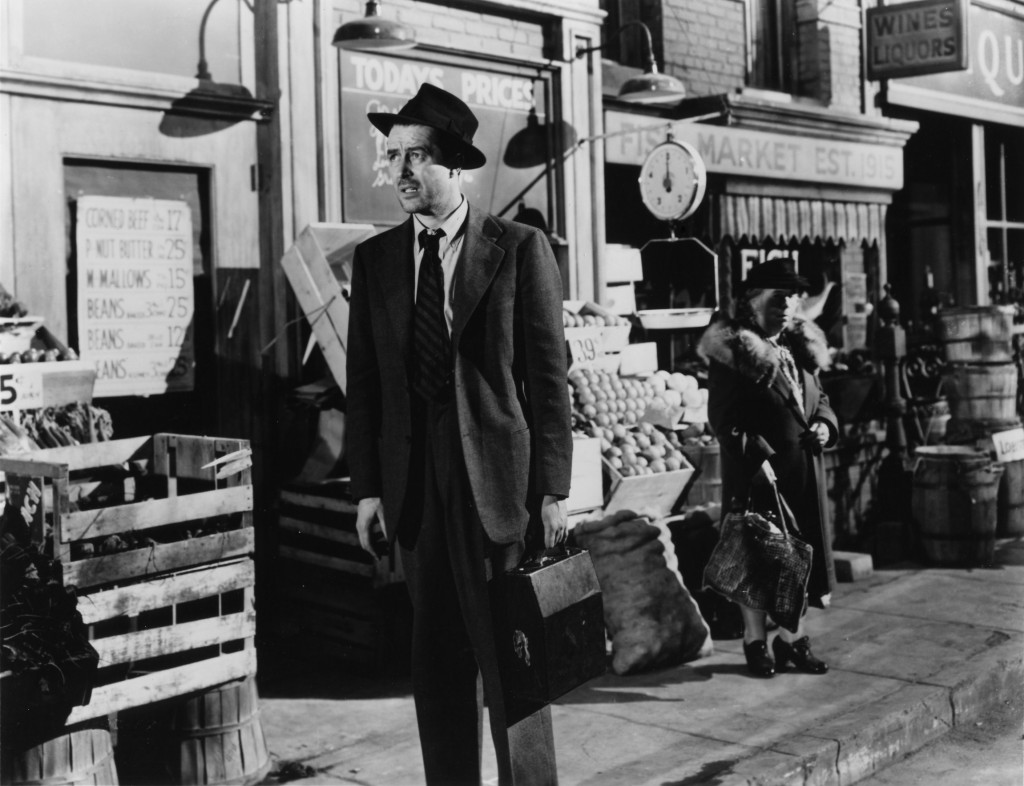The Lost Weekend Review
One of the greatest horror films of all time, The Lost Weekend is not a pleasant film to watch but it is a gripping, disturbing and utterly brilliant film from the masterful Billy Wilder.
Wilder traps us with its protagonist, Don Birnam (Ray Milland), in the nightmarish world of an addict. In this case the addiction is alcohol and Wilder and co-screenwriter Charles Brackett (adapting from Charles R. Jackson‘s novel) present an all to vivid depiction of a man struggling with the very serious sickness that is alcoholism.
The Lost Weekend allows us a glimpse inside this sickness in a way that few films have managed, even in the sixty plus years since. As Birnam struggles with his desire to get just one more drink we are placed alongside him, almost willing him on in his pursuit, the desperation he experience reaching such a painful level that we like him just want it to be over. But there is little respite and so his plight continues and the horror builds and builds.
In what is one of the film’s most uncomfortable and tense sequences Birnam attempts to buy alcohol only to find every shop closed. Closed shops could be considered such a minor problem to most but here it is amplified to an agonising degree when Birnam’s need for a drink is factored in. Wilder knows just when to amp up the tension too but also allows the right amount of space for the story to develop alongside the increasing pains of Birnam’s addiction.
As his plight escalates the effects of his dependency get stranger, with disturbing hallucinations – in a scene sold brilliantly by Milland’s heightened performance – appearing just in time to almost tip him over the edge. These hallucinations are also, interestingly, predicted by the enigmatic Bim, an orderly in an alcoholic ward that Birnam washes up in. Birnam claims at one point that his is a man split in to, the writer and the drunk, but maybe there is another, the cold hard voice of reason – Bim (the name is a contraction of Birnam). Whether Bim is imagined or not though, he represents truth and speaks about the reality of Birnam’s situation, an important counterpoint to the self-absorption that consumes Birnam and in many ways the film, although the former is for the worse and the latter is for the benefit of the story.
I have yet to see a better or more honest film about addiction and I doubt I ever will. Raw and unpleasant, The Lost Weekend is essential viewing, even if it may be hard to sit through at times.
